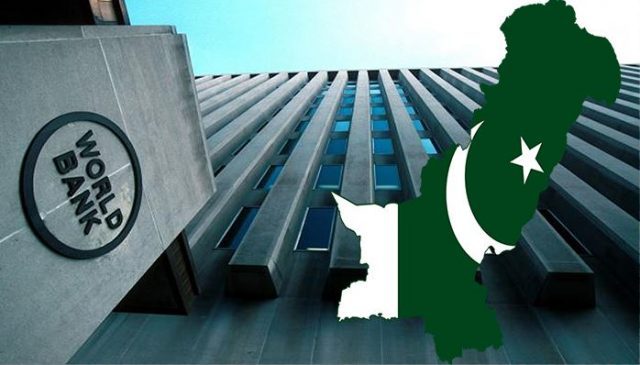Martin Raiser, the World Bank’s Regional Vice President for South Asia has announced that the WB plans to disburse approximately $2 billion in Pakistan during the ongoing financial year.
In a media briefing on Tuesday, he emphasized the need for sustainable and viable power reforms in Pakistan while opposing the idea of additional increases in power tariffs. He urged authorities to focus on reducing line losses and improving recovery instead.
Raiser stated that the WB is actively engaged with relevant government authorities to address various issues aimed at steering the country’s economy towards development.
Discussing energy sector reforms, he highlighted that longstanding challenges such as low tariffs, unpaid bills, power theft, and costly long-term generation contracts have hindered Pakistan’s development potential, leading to financial instability in the sector.
Regarding the idea of writing off internal debts, Raiser objected, emphasizing that one-time debt write-offs do not provide a lasting solution to core problems, which may resurface in the future.
Addressing concerns about deferment of local loans, Raiser cautioned that such a move could impact the banking sector and investment, urging careful consideration in the deferment process.
He also highlighted discussions with political parties before the election, emphasizing the need for continued economic reforms and the implementation of economic policies.
Regarding the Special Investment Facilitation Council (SIFC), Raiser commended the government’s initiative to attract global and local investment but stressed the importance of creating a business-friendly environment.
Refusing to comment on the Chinese loan related to the China-Pakistan Economic Corridor (CPEC), Raiser urged Pakistan to increase the tax-to-GDP ratio from two to three percent. He emphasized that merely collecting taxes is insufficient, advocating for collaboration on spending and tax reforms while providing facilities to the agricultural sector.




